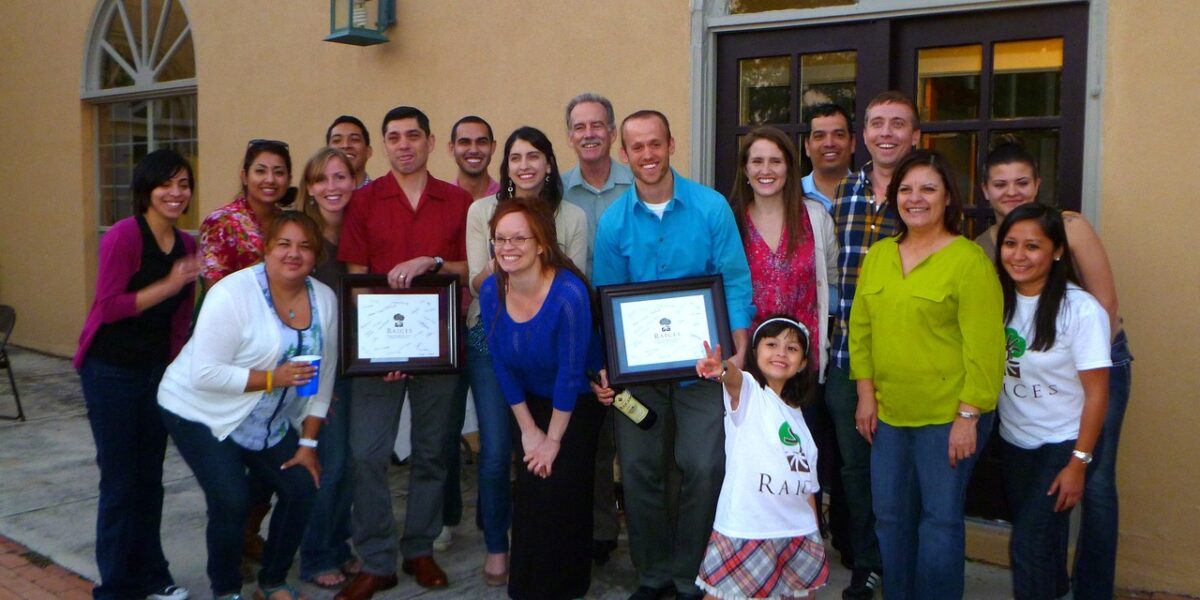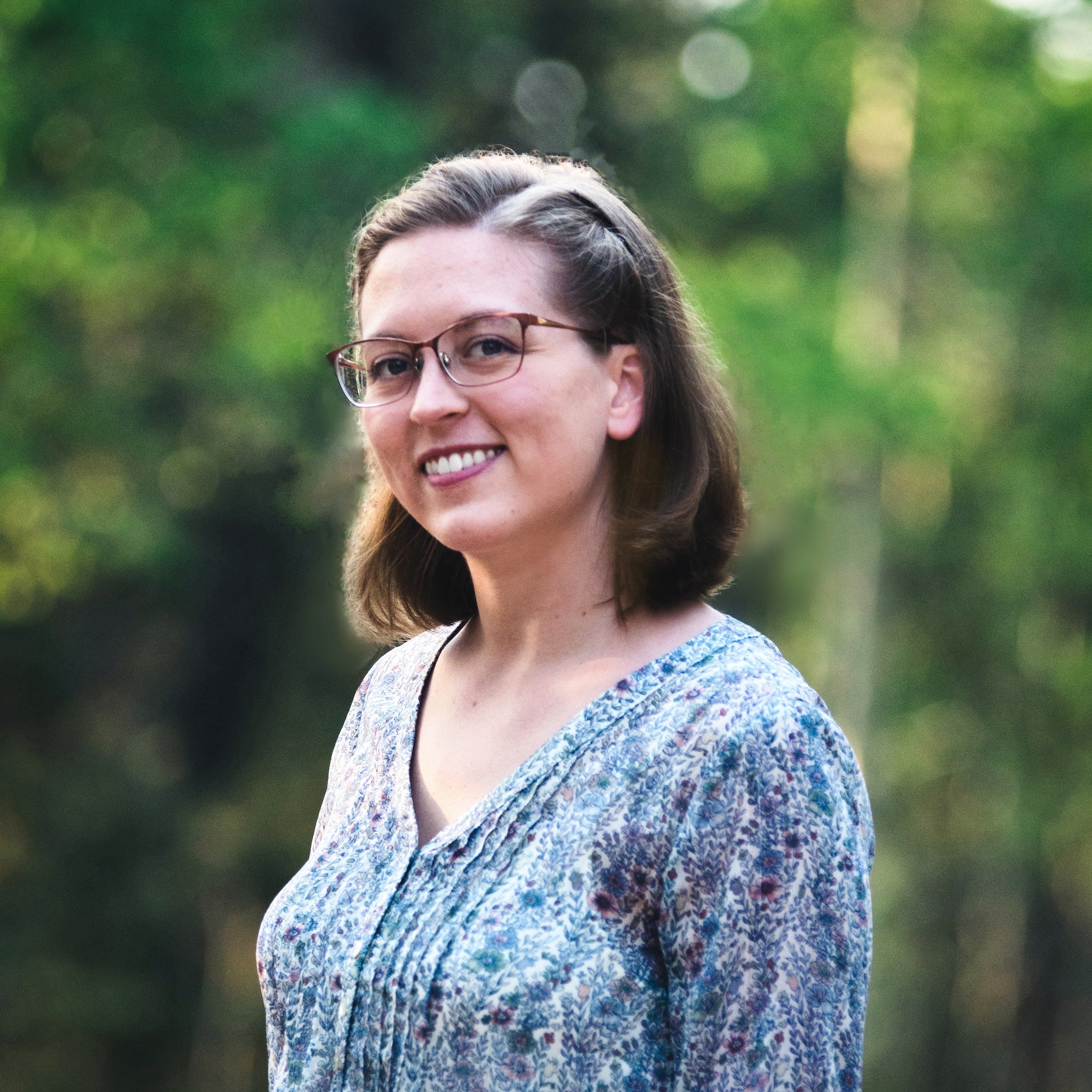GOSHEN, Indiana (Mennonite Mission Network) — Peter Claassen, an immigration attorney with the National Immigrant Justice Center (NIJC), never thought he would go into law until his experience with Mennonite Voluntary Service (MVS).
Ten years ago, Claassen became hungry for a shift back to his passion for global issues while working a job unrelated to his degree in history and international studies. Exploring his options, an opportunity through MVS to work at the United Nations in New York City piqued his interest.
When that position fell through, the Mennonite Mission Network representative working with Claassen encouraged him to keep his application active. Soon, four placements were available to him at partner organizations in Arizona, Indiana, and Texas.
Based on his interest in international relations and the Spanish language, Claassen decided to work in San Antonio with the Refugee and Immigrant Center for Education and Legal Services (RAICES, which means "roots" in Spanish).
"I really had zero interest in going to law school and becoming a lawyer at that point," Claassen recalled in a recent interview. He said that it was the opportunity to work with immigrants and learn more Spanish that drew him to the MVS placement in Texas.
At RAICES, Claassen joined a tight-knit nonprofit. The organization had only about a dozen employees — a small, supportive environment for Claassen to learn many different skills as his role evolved.
One of his tasks was to help refugee families who had been in the United States for at least a year to fill out green card applications. Although a short and straightforward process, filling out the application usually involved asking the families some intimate questions regarding their families, relatives, and culture.
Claassen began working with Bhutanese refugees. "Their families had been forced out of the country years ago and had been living in refugee camps in Nepal," Claassen said. "Some of the refugees lived in Nepal for 15, 16, 17 years, and so many of them had kids who were born in the refugee camps. It was striking to me that was the only experience many of these people had before coming to the US."
While his MVS term planted the seed of what legal support for immigrants entailed, Claassen still didn’t aspire to be an immigration attorney. After his term ended, he was hired as a paralegal at RAICES and continued to work there for another two years.
In this new position, he ventured into other areas of the agency’s work: helping families petition for their relatives to join them in the States and assisting unaccompanied minors who had been detained upon entry.
At one point, Claassen spent half his working hours with children in the shelters. Unaccompanied minors are often held in custody until, hopefully, a U.S.-based family member is found to take them in during the immigration case proceedings. The hardest part was "connecting with these kids and learning about their lives and their stories and — in some cases — not being able to help them in all the ways we wish we could," Classen said.
Claassen recalled the story of getting to know an impressively artistic young person who stayed in the shelter much longer than most. Because of what he had endured, the young artist suffered from severe depression which led to self-harm. RAICES helped him apply for and achieve the legal status he sought.
But Claassen recognizes "that’s only one aspect of healing." Affected by stories like this, some of Claassen’s former RAICES colleagues have specialized in psychology.
After two years as a paralegal at RAICES, Claassen said he investigated a career in immigration law because of attorneys who mentored him and friends who encouraged him.
In his work at NIJC, he continues to be in close contact with several of his former colleagues at RAICES. The latter organization often refers young clients’ cases to the Chicago-based nonprofit if a family member in the Great Lakes region is found to take them in.
Claassen reflected that working as an immigration lawyer at NIJC is challenging and satisfying in much the same way as was working as a volunteer and paralegal at RAICES. Learning about clients’ trauma is heart-wrenching, but seeing their resilience is inspiring.
"I was deeply impacted by the people I met and worked with at that time," Classen said, reflecting on the trajectory of his life. "I saw the opportunities that were there to do great work and the risk and sacrifice that is involved in defending people who are here in need of protection. Seeing their lifetime of work was a lot of what led me to where I am today."








